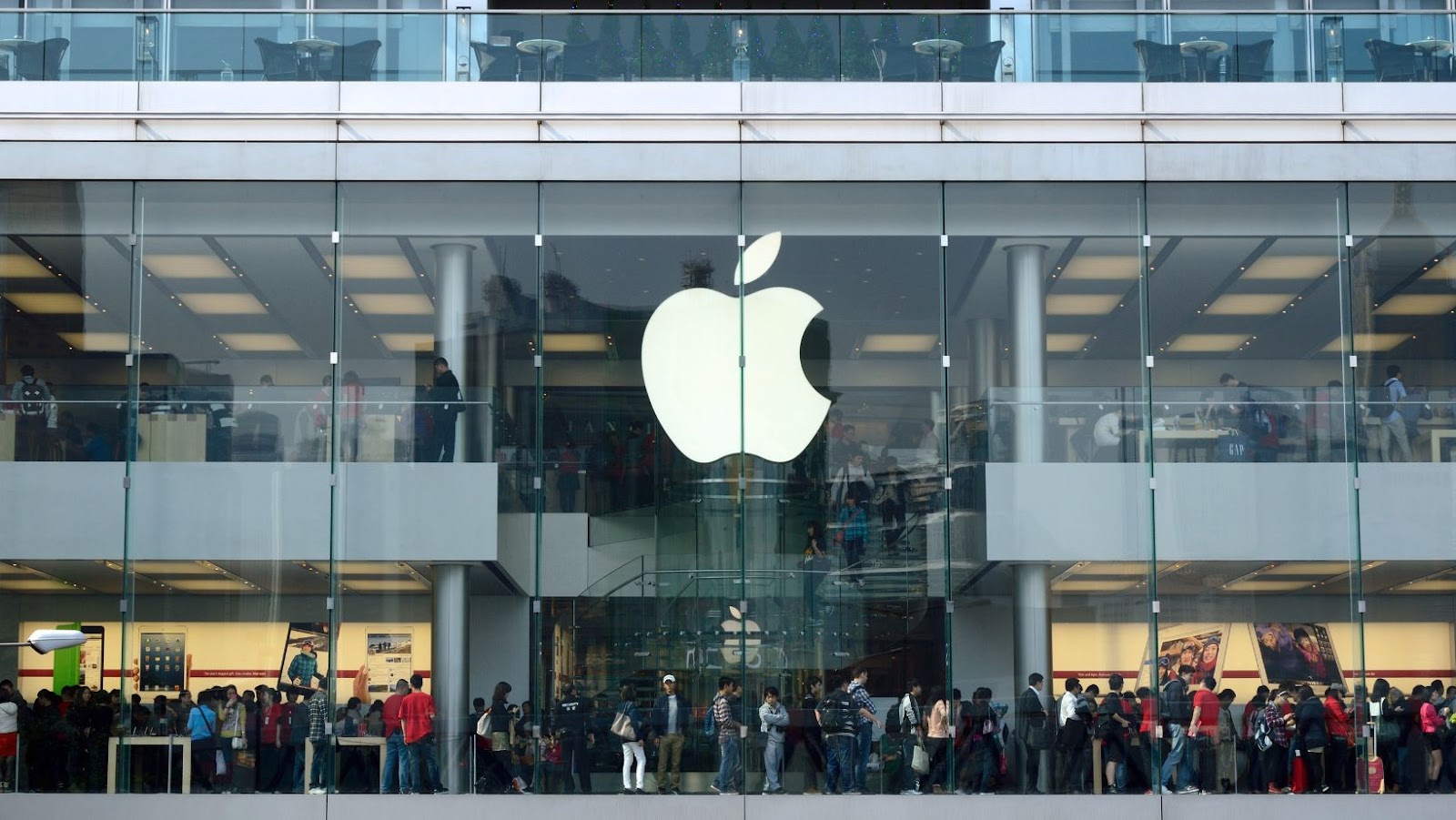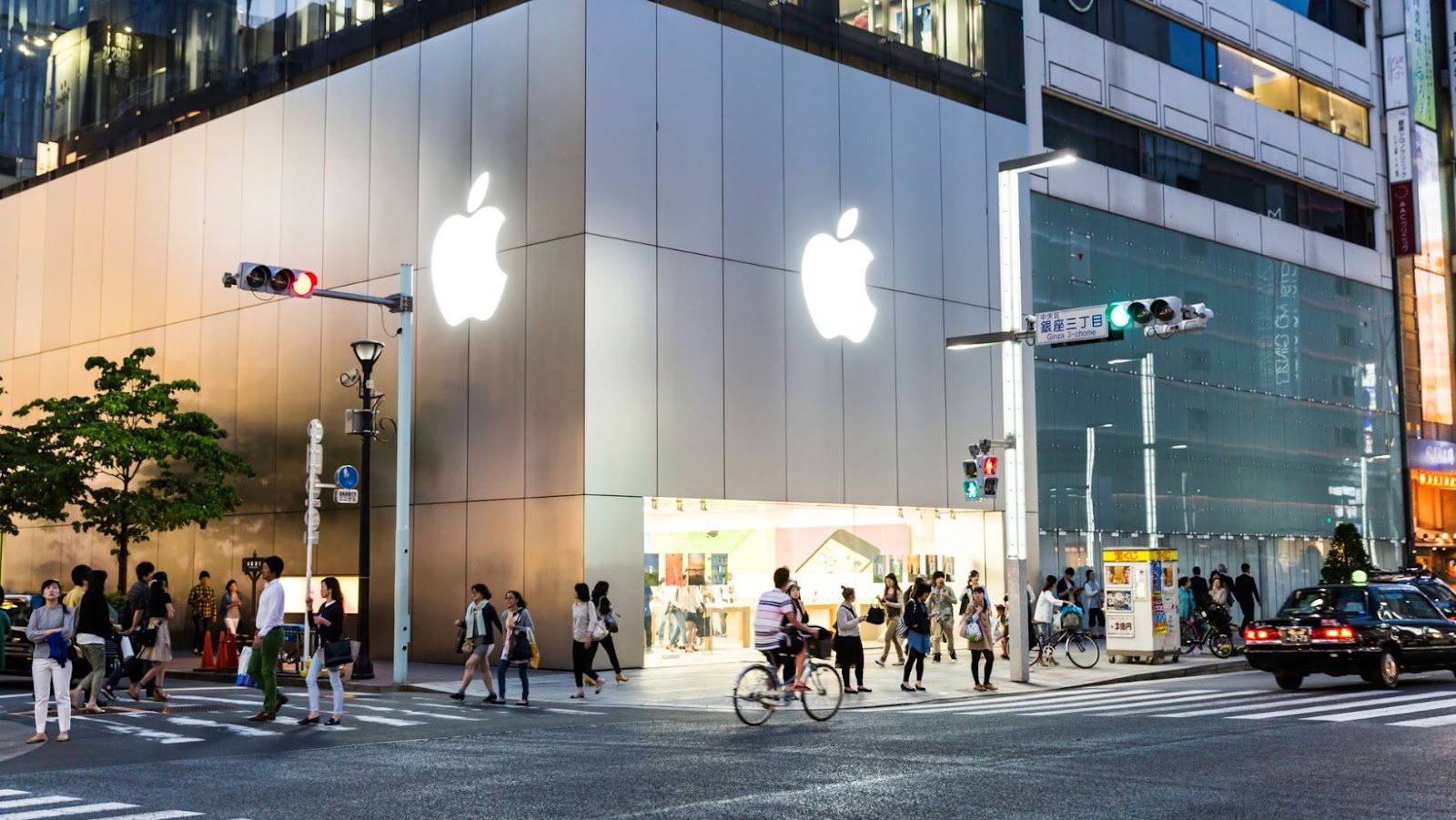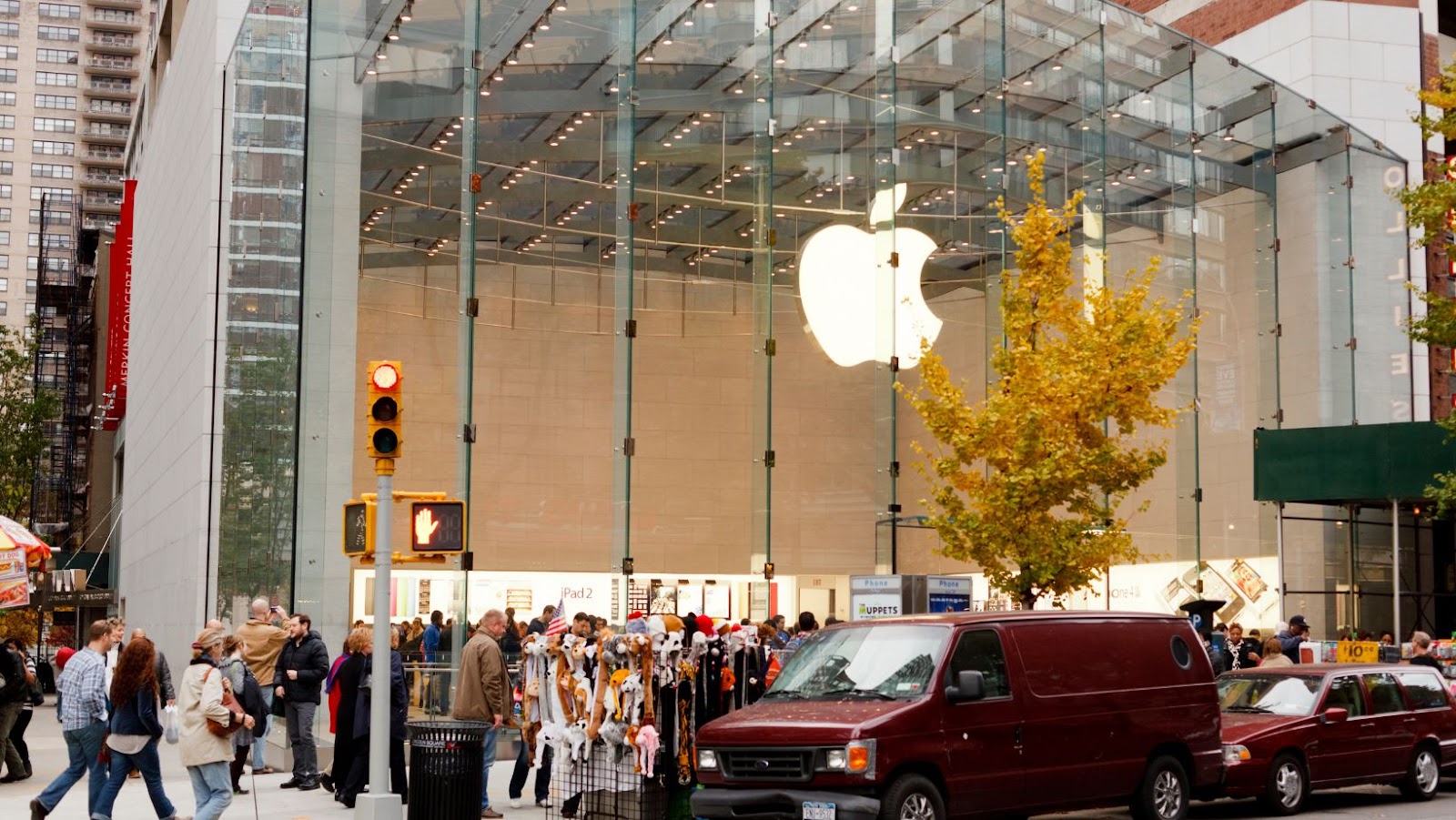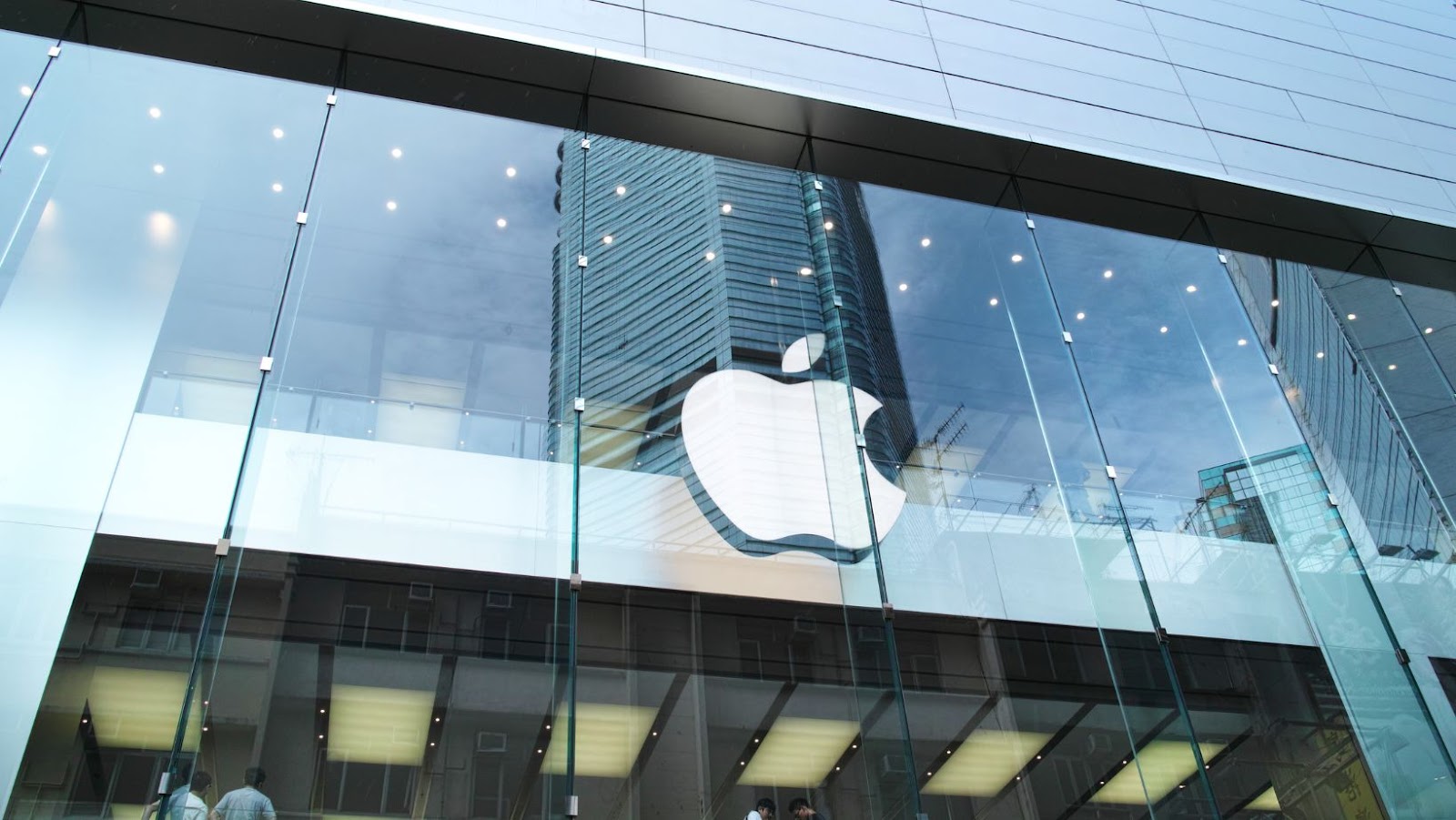
The judge’s recent ruling that Apple’s App Store policies are anticompetitive has serious implications for app developers—and consumers.
This ruling asserts that Apple has violated antitrust law by giving itself an unfair advantage in the mobile app marketplace and stifling competition from third-party developers.
In this article, we analyze this landmark decision, including the evidence that led to it and what it means for the future of mobile app development.
A Judge Rules Apple Must Make It Easier To Shop Outside The App Store
A judge recently ruled that Apple’s current system on the App Store was unfair to competing app developers and gave Apple an unlawful advantage over them.
This ruling came after several complaints from app developers accusing Apple of only allowing users to purchase and download apps through its own App Store, rather than through any other platform or website.
The judge determined Apple’s system was anticompetitive and must be changed to allow more external competition.
Apple’s current system
Since 2011, Apple has operated an App Store for iPhone, iPad and iPod touch users. This store is often thought of as the sole way to download quality apps — as opposed to risks associated with third-party sites selling low-quality versions.
The way it works is that when a developer creates an app, they can choose to list it on the App Store and Apple will analyze each application before deciding whether to allow its sale. Normally, it only allows apps that meet certain criteria such as not containing malware or content inappropriate for children. Once approved, developers are expected to pay Apple a 30 percent commission on all revenues their app generates in the App Store — known as the “Apple Tax”.
Apple has argued that its commission system ensures a uniform experience in its store and incentivizes high quality from developers. Still, several high profile legal cases have questioned if this amounts to anti competitive behaviour — forcing developers who hope for exposure on iPhone/iPad devices into paying Apple’s commission fee. In one such case, which went all the way up to the US Supreme Court Level earlier in 2020, the judge ruled that Apple does have a monopoly position over app distribution and unfairly leverage their control over iOS operating system access to maximise profits from the sale of apps published by third party developers — leading him to call for antitrust regulation against them.
The judge’s ruling
On Monday August 13th, Judge Yvonne Gonzalez Rogers of the U.S. District Court for the Northern District of California issued a strongly worded order that found Apple had violated federal antitrust laws in its App Store business model. Specifically, the judge found that Apple’s system, which prohibits developers from selling digital items such as apps or in-app features on third-party stores outside of the App Store, is anticompetitive and gives Apple an unfair advantage over other app developers. Furthermore, Judge Rogers ruled that Apple’s 30% commission and price maintenance restrictions also limit competition, threaten to stifle innovation and lead to higher consumer prices.

The judge’s ruling has generated heated debate as it could have potentially serious implications for Apple’s business model and the entire app economy which have grown significantly in recent years. It remains to be seen what steps Apple will take going forward – either appeal the decision or revise their current policies – but one thing is certain – this ruling will reverberate through the tech industry for some time.
Anticompetitive Nature of Apple’s System
A judge recently ruled that Apple’s current system on its App Store is anticompetitive and gives the company an unfair advantage over other app developers. This ruling raised alarm bells with many as it could potentially affect how consumers shop for apps on Apple’s App Store.
In this article, we’ll be discussing the details of the ruling and what it could mean for the future of Apple’s App Store.
Apple’s control over app store
Apple’s App Store is the only avenue for third-party developers to sell or distribute their applications on iPhone and iPad devices. As such, Apple controls nearly all aspects of the distribution process using its proprietary and highly restrictive App Store Guidelines. This includes censoring content, imposing limits on how apps are developed, collecting a 15-30% commission on each sale, and forcing users to use its payment system.
Apple has created an anticompetitive environment by creating a closed system with complete control over the infrastructure that app developers use to distribute their products. Apple’s power over users has resulted in artificially inflated prices for digital services, made it difficult for competitors (such as alternative app stores) to enter the market, and impeded innovation from independent developers by creating an unbalanced playing field where only Apple can succeed.
In addition, because of its size and reach, it is difficult for small independent developers to effectively compete against Apple’s own internal development teams – which gives the company an unfair advantage in terms of access to resources and capital. By controlling every aspect of availability and delivery of apps on its platform – instead of relying on a competitive market – Apple can unfairly maintain a monopoly in the app store space.
Unfair advantage over developers
In a ruling that could change the way Apple conducts business, the court pointed out that Apple’s current system gives it an unfair advantage over competitors regarding the distribution and monetization of apps. The ruling means that Apple must now allow app developers to use their payment processing systems and give other streaming services access to its platform in a more level playing field.

Apple’s policy currently allows App Store customers to only purchase apps through its payment system, bypassing competitors who can offer better pricing. This disadvantages app developers since their revenues are cut in half due to the lack of access to alternative payment systems. The judge believes this structure stifles competition and creates an anticompetitive developer environment.
Furthermore, the court recognized Apple’s subscription-based services like Music, Movies, TV Shows and Games as an obstacle for competitors looking to gain market share as they can’t match Apple’s user experience and pricing due to exclusivity restrictions.
The ruling could open up new possibilities for app developers looking for alternative ways of monetizing their products on iOS devices without being hindered by Apple’s secret terms of agreement. How this decision will impact app development going forward is yet to be seen. Still, it certainly has put a spotlight on what many consider an unfair system concerning how some large corporations conduct business against small businesses in the digital space.
Implications
A judge’s ruling that Apple’s current system is anti-competitive and gives the company an unfair advantage over other app developers is a major blow to the tech giant. This ruling comes with serious implications, both for Apple and for other app developers. It’s a landmark case that could usher in a wave of changes to how digital services are sold and how competitors are treated in the tech industry.
Let’s look at what could come next.
Impact on other app stores
The judge’s ruling has major implications for other app stores, including Google Play and the Microsoft Store. These platforms also have exclusive arrangements with their app developers, albeit to a lesser extent than Apple. As a result, they will closely monitor the judgement as it will set a precedent for how they structure their business models going forward.
One consequence of the consequences could be less incentive for app developers to create exclusive arrangements with one store over another. This could make finding brand-name apps across multiple marketplaces easier and potentially benefit customers who wish to have more options.
It is also possible that Apple’s App Store will face additional scrutiny if similar cases are brought against it. Of course, the company has robust antitrust measures in place. Still, its defiance of these court orders may also raise questions about how much influence Apple has over its ecosystem or if new regulations or legislation need to be introduced to maintain a competitive balance between all market players.
Impact on Apple’s business model
The ruling from the European Commission that Apple’s current system is anticompetitive and gives the company an unfair advantage over other app developers will significantly impact Apple’s business model.

Currently, apps on iOS devices are tightly integrated with Apple’s ecosystem, as users have to purchase their apps through the App Store. This system has been instrumental in contributing to Apple’s success, and it has been lucrative for developers too. However, the ruling could mean that users will no longer be required to use the App Store to download apps, opening up the market to competition from third-party services. This could mean a significant shift in how Apple operates; potentially impacting its revenues and ability to control what apps are available on iOS devices.
The ruling could also have implications for other tech giants like Google and Amazon, who use similar systems for their app stores. They may face similar legal action as competition regulators look more closely at tech companies’ business practices. Although it is unclear what changes this ruling will bring about, it will impact how these companies operate moving forward.





